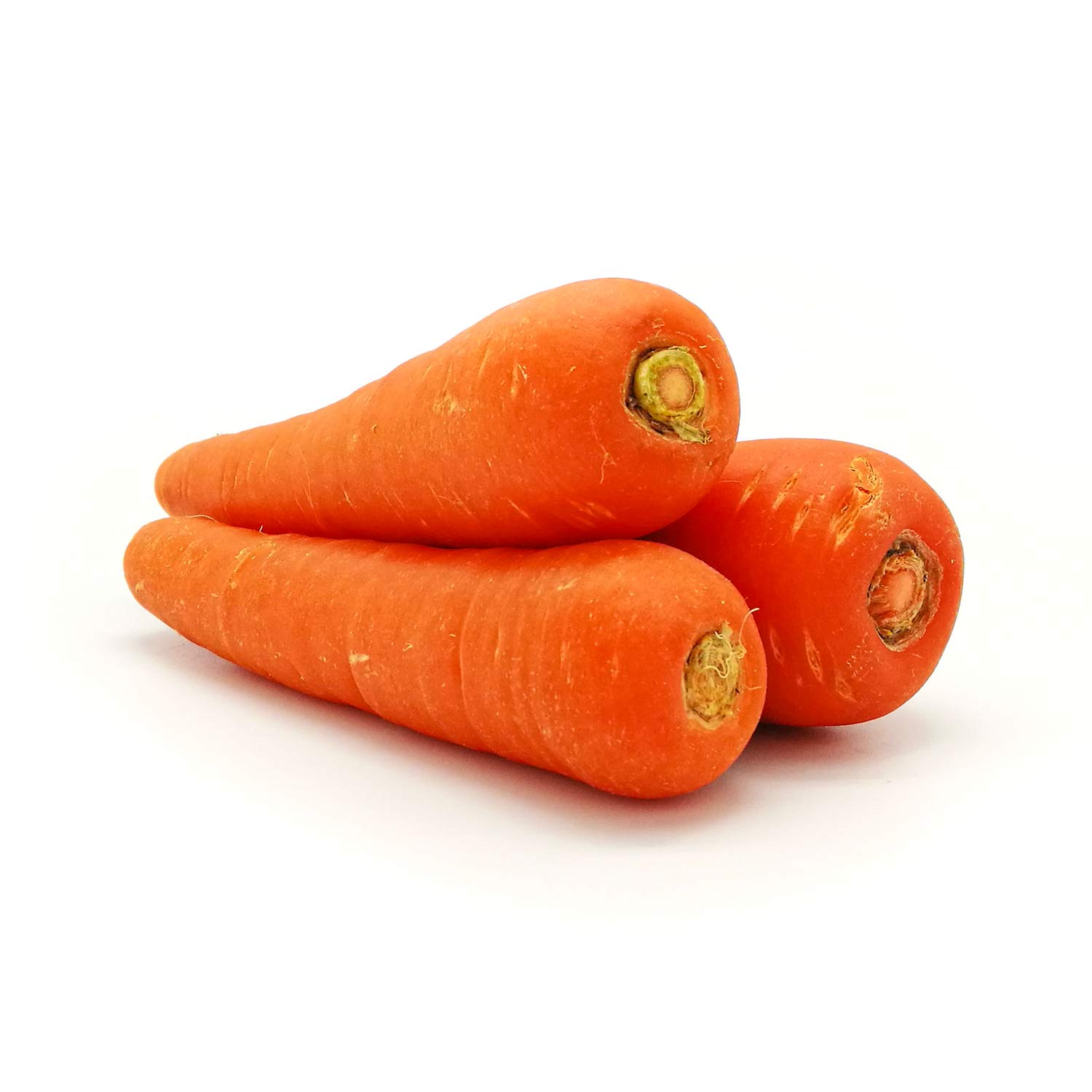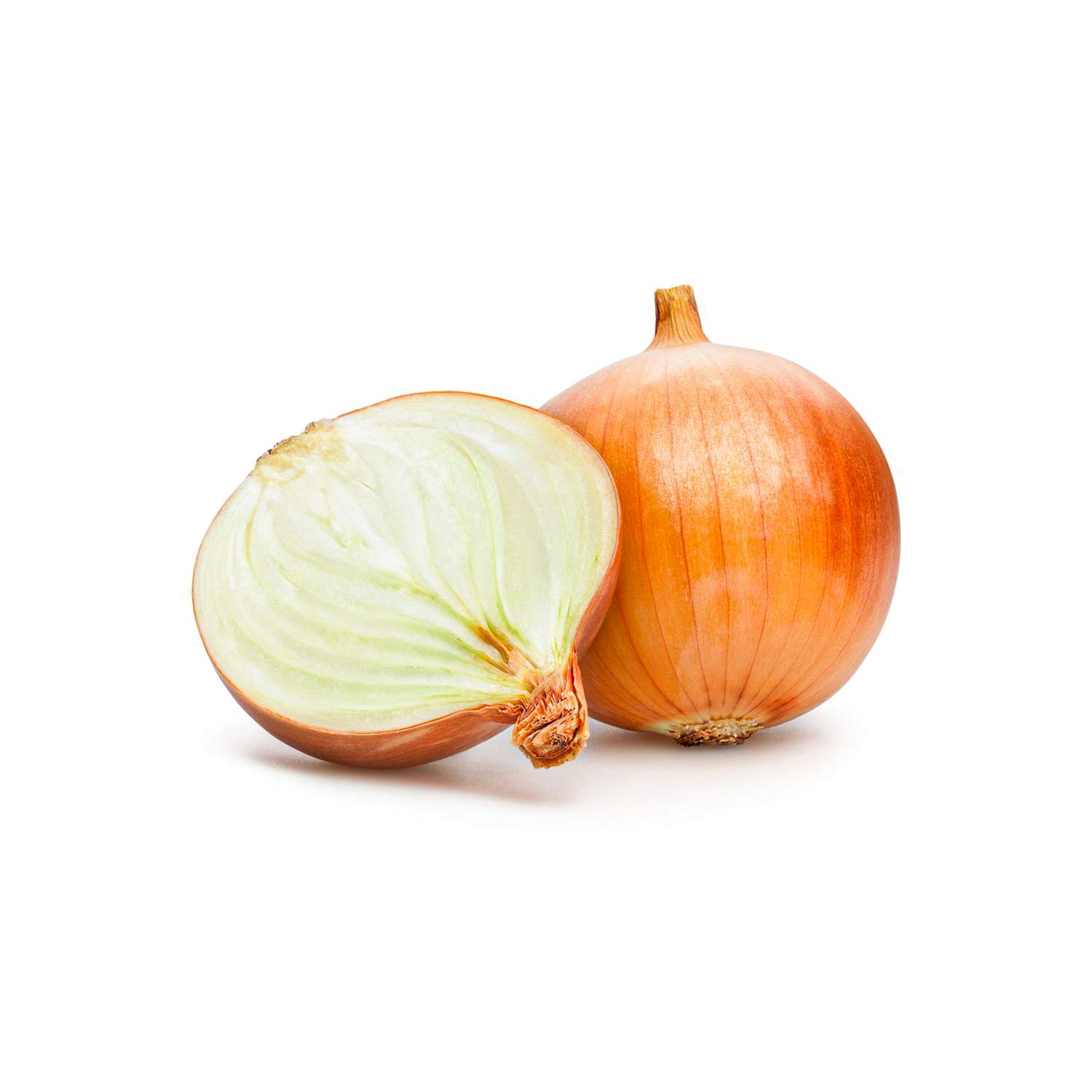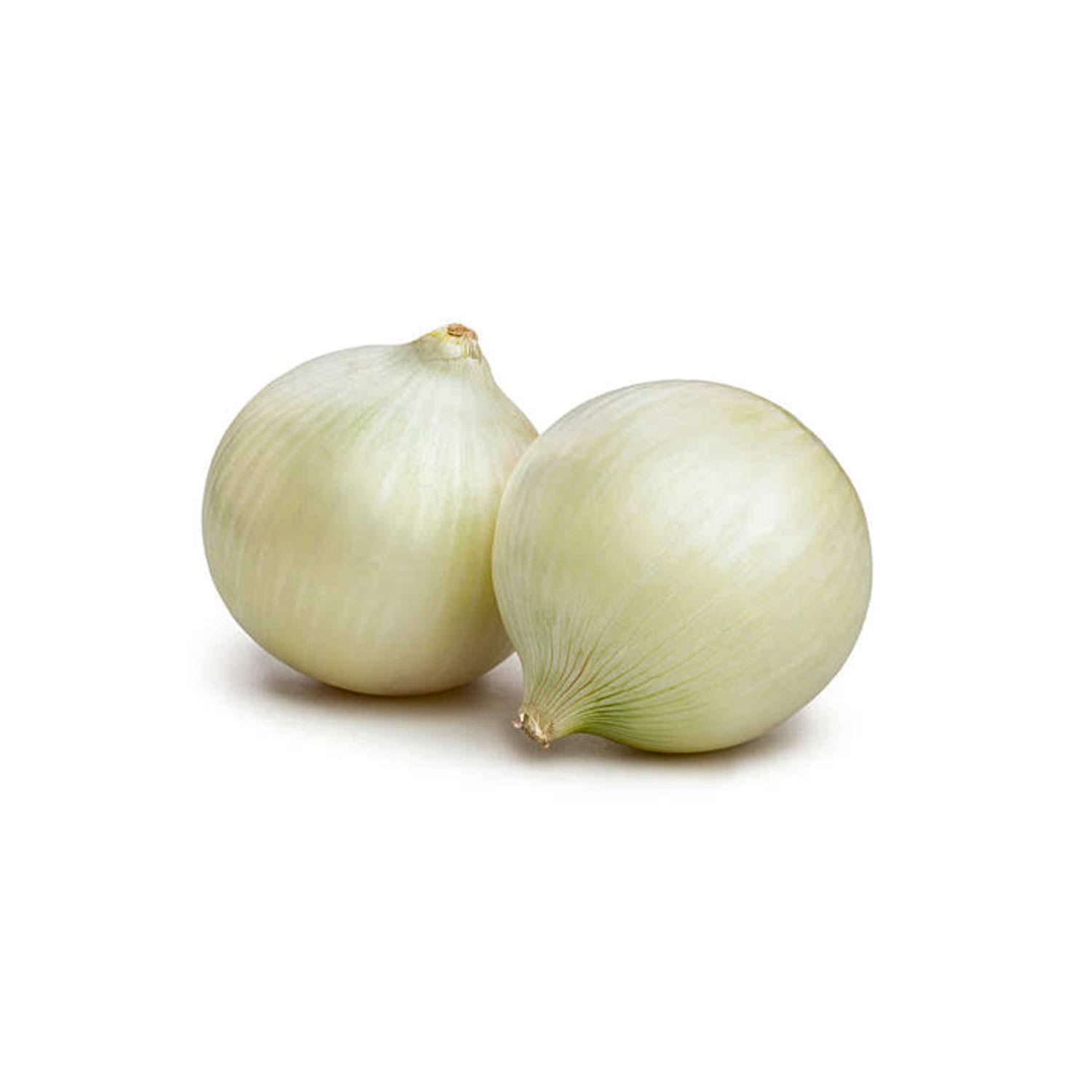Unlocking Global Market Opportunities
Introduction to Carrot Exporting
Carrots are among the most consumed vegetables worldwide, admired for their vibrant color, crunchy texture, and impressive nutritional value. Not only are they a staple in everyday diets, but they also play a significant role in global food industries. As the demand for fresh and processed carrots grows, so too does the opportunity for exporters. Therefore, this guide explores the key benefits of entering the carrot export market and provides essential strategies for success.Carrot Exporters


Why Export Carrots?
1. Consistently High Global Demand
The worldwide appetite for fresh vegetables continues to rise, and carrots are no exception. In fact, their versatility makes them one of the most sought-after vegetables in international markets. For example, they are a key ingredient in everything from soups and salads to baby food and juice blends. Consequently, countries like the United States, Germany, and Japan rely heavily on imports to meet local demand.Carrot Exporters
2. Excellent Nutritional Profile
Carrots are well known for their high content of beta-carotene, fiber, and vitamins A and K. Due to these health benefits, they are often promoted as a core component of a balanced diet. As consumers increasingly prioritize wellness and plant-based nutrition, exporting carrots becomes a strategic move. Moreover, their use in clean-label and organic food products continues to boost demand.Carrot Exporters
3. Strong Shelf Life and Transport Efficiency
Unlike many vegetables, carrots have a naturally long shelf life, especially when stored under proper conditions. As a result, they can be shipped over long distances without significant spoilage. This makes them ideal for exporters looking to serve international markets where freshness is a top priority.Carrot Exporters
Key Steps for Successful Carrot Exporting
1. Adhere to International Quality Standards
Exporting carrots successfully begins with meeting stringent quality standards. Different countries impose specific regulations concerning size, appearance, cleanliness, and pesticide levels. For instance, the European Union has strict grading and residue rules. Therefore, exporters must regularly review and comply with these standards to avoid shipment rejections.
Additionally, certifications such as GlobalG.A.P. and HACCP can greatly enhance a product’s credibility and marketability. These certifications not only ensure food safety but also signal professionalism and reliability to potential buyers.
2. Invest in Smart Packaging and Clear Labeling
Proper packaging is essential for maintaining freshness and preventing physical damage. Carrots should be packed in ventilated crates, mesh bags, or moisture-resistant boxes to ensure longevity during transit. Moreover, effective packaging should be both functional and attractive, especially when targeting retail markets.
In addition to packaging, clear and informative labeling is crucial. Labels should include:
Product name (e.g., “Fresh Carrots”)
Country of origin
Harvest or expiration date
Nutritional content
Certification logos (e.g., organic, non-GMO)
This information not only supports transparency but also helps meet regulatory and retail requirements.
3. Comply with Export and Import Documentation
Navigating export logistics requires accurate documentation. To ensure smooth customs clearance, prepare the following documents:
Commercial Invoice – details the transaction
Phytosanitary Certificate – confirms the carrots are pest-free
Certificate of Origin – verifies the growing location
Packing List – outlines shipment contents
Moreover, working closely with customs brokers and freight forwarders can help reduce delays and minimize errors during the process.
Identifying Target Markets
1. Conduct Comprehensive Market Research
Thorough research is essential before entering any new export market. Understand local consumer preferences, regulatory requirements, and seasonal demand trends. For instance, some countries prefer smaller, sweeter carrots for direct consumption, while others favor bulk shipments for processing.
As a result, tailoring your product offering to suit regional expectations will improve acceptance and boost sales.
2. Customize Your Offerings Accordingly
Once you’ve identified key markets, adapt your export strategy to match their specific needs. This may include offering peeled, pre-cut, or organic carrot varieties. In addition, adjusting packaging sizes and labeling language based on local retail practices can significantly enhance your product’s appeal.
Building Buyer Relationships
1. Partner with Reliable Distributors
Developing strong relationships with local wholesalers and distributors is crucial for long-term success. Although online B2B platforms are a useful starting point, attending international food expos and trade fairs allows for face-to-face interactions that build trust.
Furthermore, offering trial shipments or flexible payment terms can encourage new partners to work with your company.
2. Maintain Competitive and Transparent Pricing
While quality is important, competitive pricing often determines who wins repeat contracts. Therefore, monitor global carrot prices regularly and adjust your rates to reflect market conditions. Offering volume discounts or bundled services can also add value and increase customer retention.
3. Stay Ahead with Market Trends
The food industry is rapidly evolving, with new consumer trends emerging each year. Whether it’s demand for organic produce, convenience packaging, or sustainability claims, staying informed will help you remain competitive. Subscribing to agricultural trade journals and attending industry webinars are excellent ways to stay up to date.
Conclusion
Exporting carrots presents a high-potential opportunity for businesses seeking to enter the global produce market. Thanks to their long shelf life, health benefits, and year-round availability, carrots are well-positioned for international trade. By adhering to quality standards, mastering export logistics, and building strong distributor relationships, exporters can establish a lasting presence in competitive markets.





